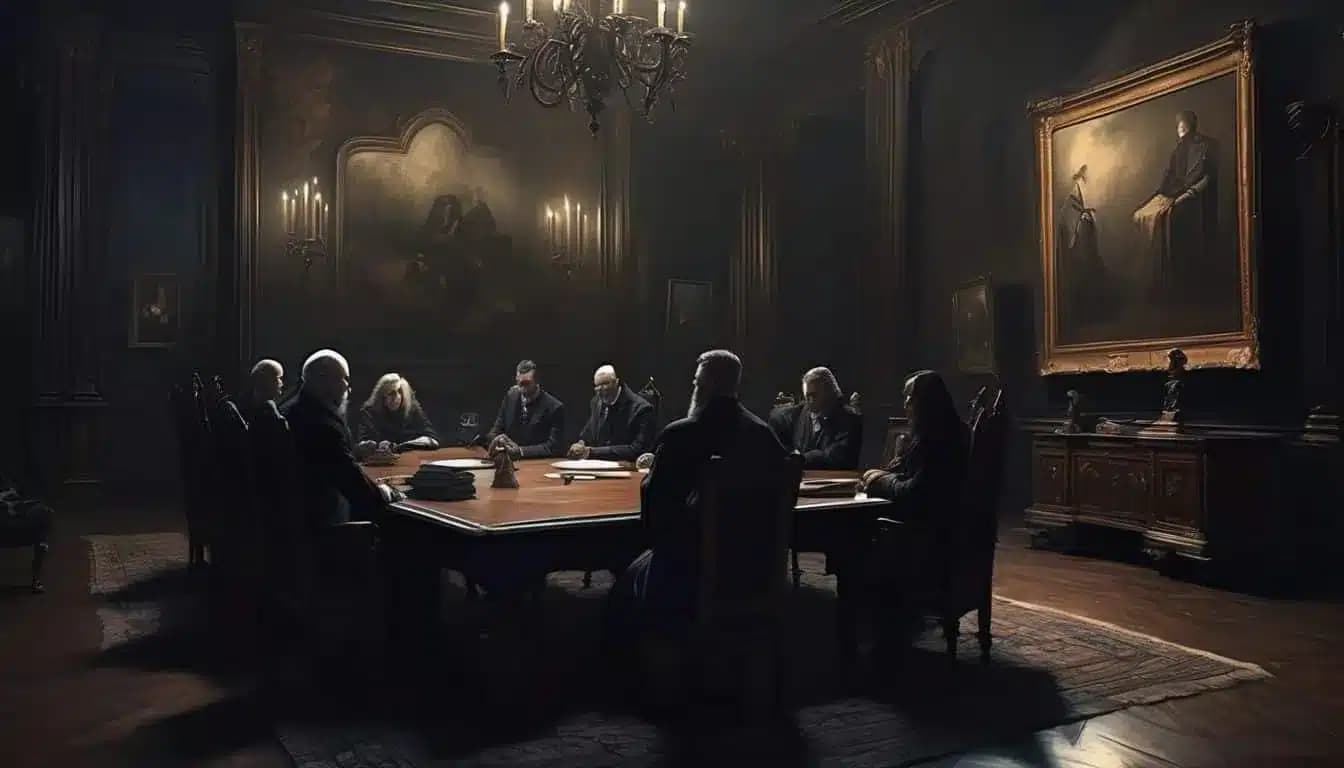
The Hidden Agendas: Exploring Secret Societies and Their Influence
Secret societies have long fascinated the public imagination with their clandestine operations, mysterious rituals, and purported influence on global events. From ancient civilizations to modern times, these covert organizations have been the subject of countless theories and speculations. This article delves into the enigmatic world of secret societies, exploring their origins, evolution, and the impact […]